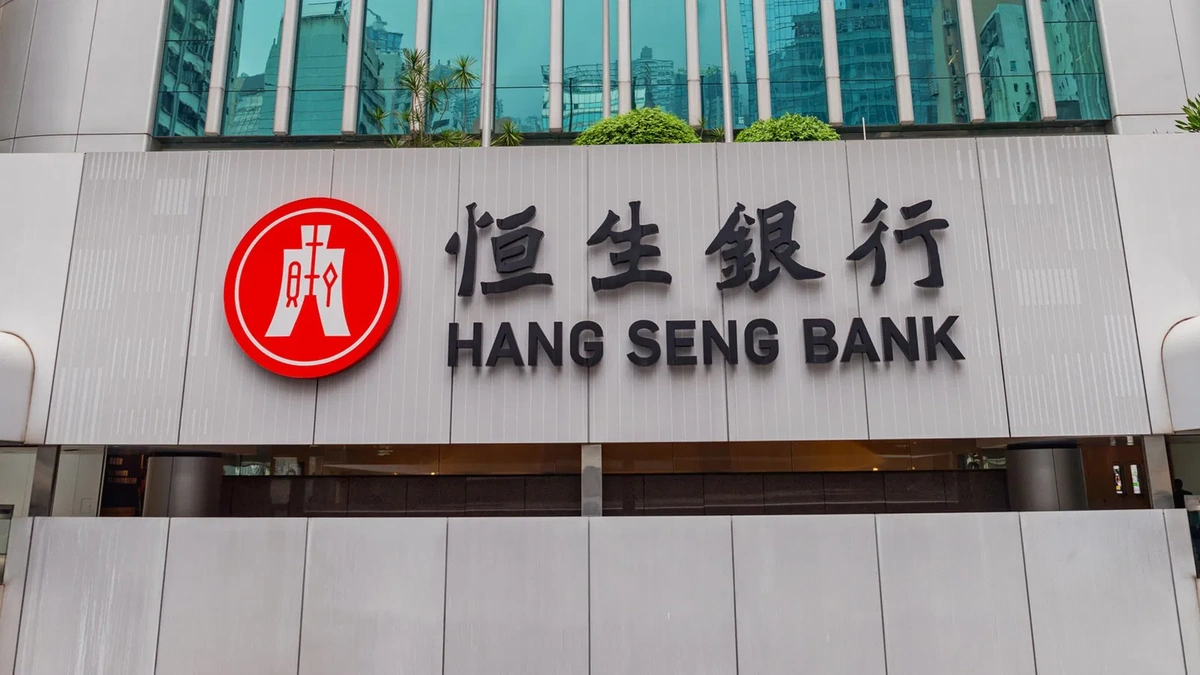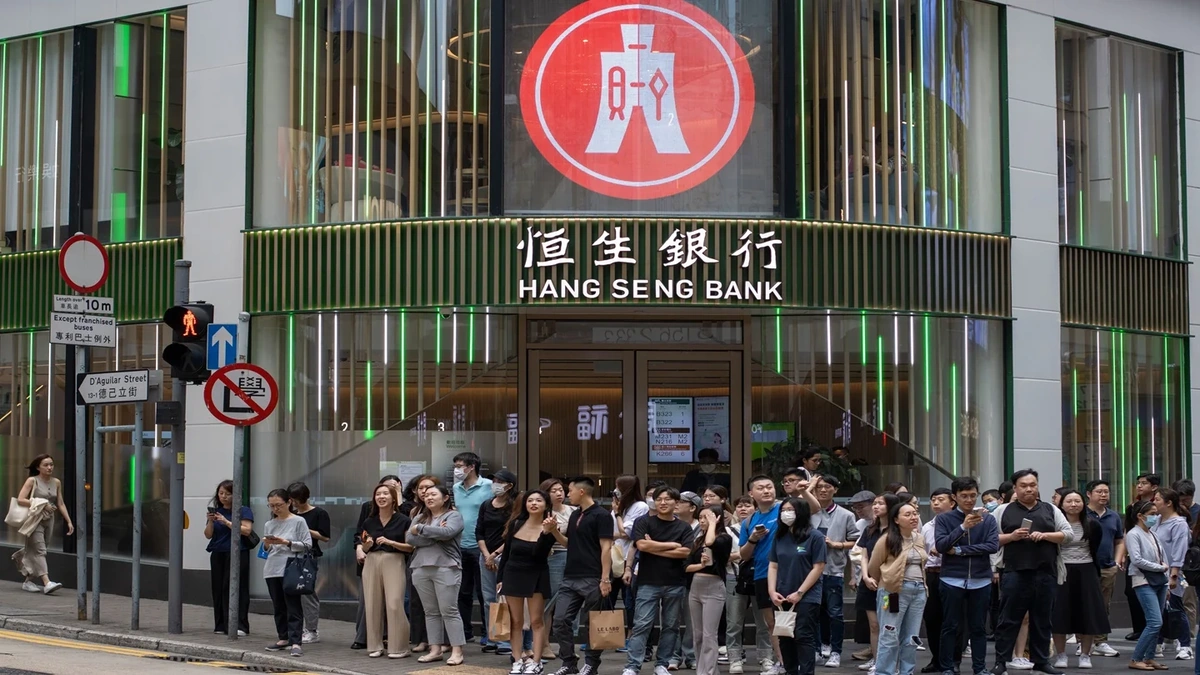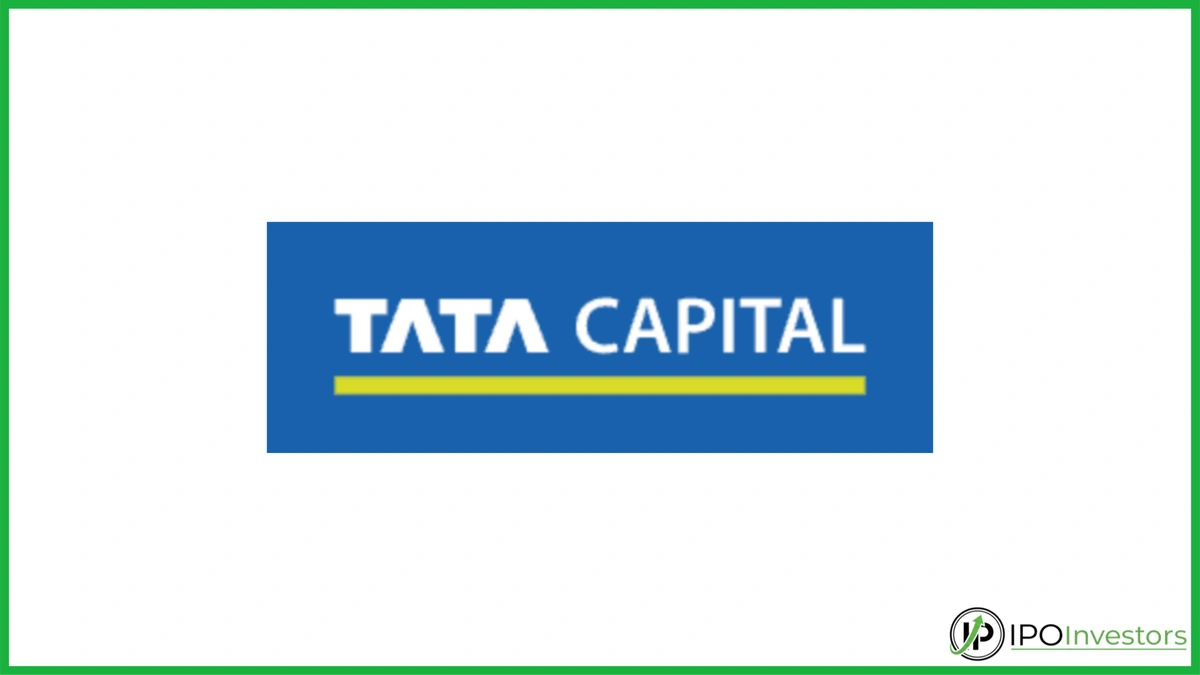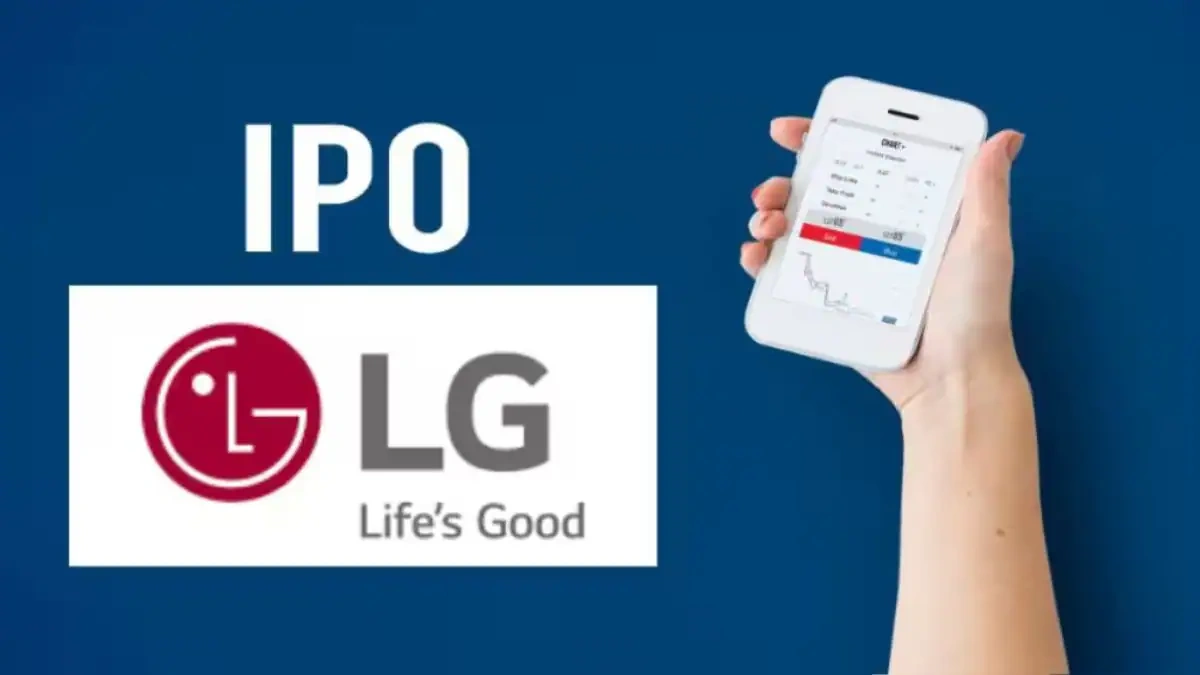Decoding the Hang Seng | Why This Index Matters to You
Okay, let’s be real. You’ve probably heard of the Hang Seng , especially if you’re even remotely interested in finance. But what is it, beyond just some numbers flashing on a screen? And, more importantly, why should someone in India care about what’s happening with the Hong Kong stock market?
Here’s the thing: the Hang Seng isn’t just about Hong Kong. It’s a window into the soul of the Asian economy, and that impacts investments, trade, and even the price of your next smartphone. Stick with me, and I’ll break it down in a way that makes sense, even if you think stock markets are as exciting as watching paint dry.
What Exactly IS the Hang Seng, Anyway?

At its core, the Hang Seng Index (HSI) is a stock market index that tracks the performance of the largest companies listed on the Hong Kong Stock Exchange. Think of it as Hong Kong’s version of the Sensex or Nifty 50. It’s a benchmark, a barometer, a way to gauge the overall health of the Hong Kong economy.
But it’s more than just a list of companies. It’s heavily weighted towards mainland Chinese firms. What fascinates me is that this reflects Hong Kong’s unique position as a gateway between China and the rest of the world. The index includes companies like HSBC, Tencent, and China Mobile – heavy hitters that influence markets far beyond Hong Kong’s borders.
A common mistake I see people make is dismissing it as “just another foreign index.” But considering the amount of foreign investment in the Indian market, understanding the economic health of our neighbors is crucial.
Why Should an Indian Investor (or Anyone in India, Really) Care?
Now we get to the good stuff. Why should you, sitting in your living room in Mumbai or Bangalore, give a fig about the Hong Kong Stock Exchange ? Here’s why:
- Global Interconnectedness: The world is flat, as they say. Markets are intertwined. A downturn in the Hang Seng can signal broader economic problems in Asia, which can ripple through global markets, including India. Remember the 2008 financial crisis? It started with US mortgage-backed securities, but it brought economies across the globe to their knees.
- Investment Opportunities (Indirectly): Many Indian investors have exposure to Asian markets through mutual funds or ETFs. Understanding the Hang Seng helps you assess the risks and potential rewards of those investments. Plus, if you’re looking to diversify your portfolio, the H shares listed on the Hang Seng might be worth investigating (do your research, of course!).
- Economic Indicator: The Hang Seng can act as a leading indicator of economic trends in China, which, as you know, is a major trading partner with India. A strong Hang Seng can suggest increased demand for Indian goods and services, while a weak Hang Seng might signal a slowdown in Chinese economic activity and could impact silver rates and other commodities.
Let me rephrase that for clarity: ignoring the Hang Seng is like ignoring the weather forecast before planning a picnic. You might get lucky, but you’re better off being prepared.
Hang Seng’s Volatility | A Rollercoaster Ride
Here’s the thing about the Hang Seng Index – it can be volatile. Political events, economic data releases, and global news can all send it soaring or plummeting. This volatility can be unsettling, but it also presents opportunities for savvy investors.
For example, recent events in Hong Kong, including political unrest and changes in regulations, have contributed to increased volatility. But, and this is a big but, volatility doesn’t always equal doom and gloom. It simply means that you need to be more cautious and do your homework before investing. Diversification is key.
But, sometimes it is important to observe the repo rate to understand the volatility of this market.
The Future of the Hang Seng | Navigating the Uncertainty
What does the future hold for the Hang Seng? That’s the million-dollar question, isn’t it? Predicting the future is impossible, but we can analyze the trends and make informed guesses.
One thing is clear: China’s influence on the Hong Kong stock market will only continue to grow. The integration of the Greater Bay Area (Hong Kong, Macau, and Guangdong) will further blur the lines between Hong Kong and mainland China, both economically and financially. This could lead to new opportunities and challenges for investors. One should also consider the growth of Chinese technology companies .
According to a report on Wikipedia (Wikipedia link) , the Hang Seng has faced numerous crises throughout its history. However, the HSI constituents have proven their grit over time.
Key Takeaways for the Savvy Observer
Let’s be honest, nobody likes a boring summary, so I won’t give you one. Instead, here are my final thoughts:
- The Hang Seng is more than just an index; it’s a window into the Asian economy.
- Understanding the Hang Seng can help you make better investment decisions.
- Volatility is part of the game, but it doesn’t have to be scary.
- China’s influence on the Hang Seng will continue to grow.
The one thing you absolutely must remember is that knowledge is power. The more you understand the forces shaping the global economy, the better equipped you’ll be to navigate the ups and downs of the market. So, keep reading, keep learning, and keep asking questions. And if you ever find yourself in a coffee shop with me, don’t hesitate to pick my brain about the Hang Seng – I’m always up for a good chat!
FAQ About the Hang Seng
What are the main factors that influence the Hang Seng Index?
Global economic trends, Chinese economic data, political events in Hong Kong and China, and movements in other major stock markets all affect the Hang Seng.
How can I invest in the Hang Seng from India?
You can invest through mutual funds or ETFs that focus on Asian or Hong Kong markets. Be sure to research the fund’s holdings and expense ratios before investing.
Is the Hang Seng a good indicator of the overall Chinese economy?
While it provides insights, it’s not a perfect indicator. It primarily reflects the performance of companies listed in Hong Kong, some of which have limited exposure to the broader Chinese economy.
What are some alternatives to the Hang Seng for tracking Asian markets?
Other indices to consider include the MSCI Asia ex Japan Index, the FTSE Asia Pacific Index, and the Shanghai Composite Index.
What is the Hang Seng China Enterprises Index?
The HSCEI tracks the performance of mainland Chinese companies listed in Hong Kong. It’s a sub-index of the Hang Seng and focuses specifically on Chinese firms.













